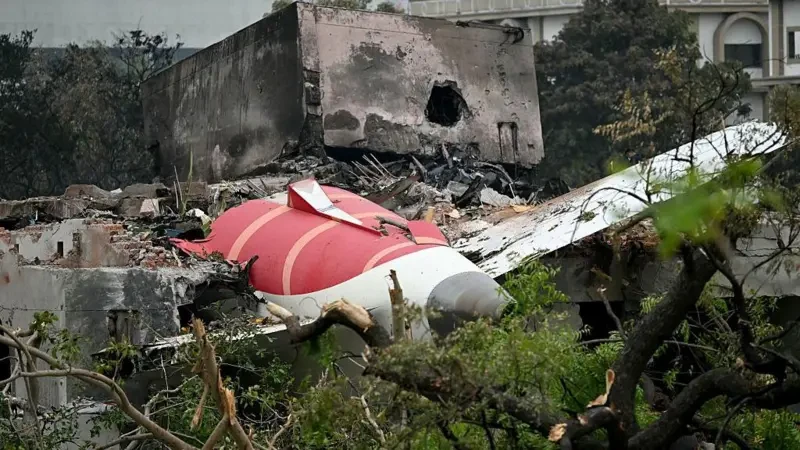Asia, the largest and most populous continent on Earth, boasts a rich and diverse history spanning millennia. From the earliest civilizations to the modern era, Asia has played a pivotal role in shaping global history, culture, and innovation. Ancient Civilizations Asia is home to some of the world'اقرأ المزيد
Asia, the largest and most populous continent on Earth, boasts a rich and diverse history spanning millennia. From the earliest civilizations to the modern era, Asia has played a pivotal role in shaping global history, culture, and innovation.
Ancient Civilizations
Asia is home to some of the world’s oldest and most influential civilizations, including Mesopotamia, the Indus Valley Civilization, and Ancient China. These civilizations flourished along fertile river valleys, developing advanced agricultural techniques, complex social structures, and impressive architectural feats.
-
Mesopotamia: Located in present-day Iraq, Mesopotamia is considered the cradle of Western civilization. It was home to the Sumerians, Akkadians, Babylonians, and Assyrians, who developed writing systems, codified laws, and built monumental cities like Ur and Babylon.
-
Indus Valley Civilization: Flourishing along the Indus River in present-day Pakistan and India, the Indus Valley Civilization was one of the most advanced urban societies of its time. It is known for its planned cities, sophisticated sanitation systems, and distinctive Harappan script.
-
Ancient China: The history of Ancient China stretches back over 4,000 years, encompassing dynasties such as the Xia, Shang, Zhou, and Qin. Ancient China made significant contributions in areas like philosophy, science, technology, and the arts.
Silk Road and Trade Networks
The Silk Road, a network of ancient trade routes connecting East and West, played a crucial role in shaping Asia’s history. It facilitated the exchange of goods, ideas, and cultures between China, India, the Middle East, and Europe, influencing art, religion, and technology across the continent.
Rise of Empires and Dynasties
Throughout history, Asia has witnessed the rise and fall of powerful empires and dynasties, each leaving an indelible mark on the continent’s political and cultural landscape.
-
Mongol Empire: The Mongol Empire, under the leadership of Genghis Khan and his successors, conquered vast territories stretching from China to Europe, establishing the largest contiguous land empire in history.
-
Ottoman Empire: The Ottoman Empire, centered in present-day Turkey, emerged as a dominant force in the Middle East, Balkans, and North Africa, playing a significant role in shaping the region’s political and cultural landscape.
-
Mughal Empire: The Mughal Empire, founded in India by Babur, blended Persian and Indian traditions, leaving behind a rich legacy of architecture, art, and literature.
Colonialism and Nationalism
The 19th and 20th centuries were marked by European colonialism in Asia, with European powers exerting control over significant portions of the continent. However, this period also saw the rise of nationalist movements across Asia, seeking independence and self-determination.
-
Indian Independence Movement: The Indian independence movement, led by figures like Mahatma Gandhi, Jawaharlal Nehru, and Subhas Chandra Bose, resulted in India’s independence from British rule in 1947.
-
Chinese Revolution: The Chinese Revolution, led by the Communist Party of China under Mao Zedong, led to the establishment of the People’s Republic of China in 1949.
-
Decolonization Across Asia: The post-World War II era witnessed a wave of decolonization across Asia, as countries like Indonesia, Vietnam, and Algeria gained independence from their colonial rulers.
Modern Asia
The modern era in Asia is characterized by rapid economic growth, technological advancements, and increasing global engagement. However, the continent also faces challenges like political instability, social inequality, and environmental issues.
-
Economic Growth: Asia has emerged as a major economic powerhouse, with countries like China, India, Japan, and South Korea experiencing significant economic growth and becoming major players in the global economy.
-
Technological Advancements: Asia is at the forefront of technological innovation, with countries like Japan, South Korea, and Singapore leading the way in fields like robotics, artificial intelligence, and telecommunications.
-
Global Engagement: Asian countries are playing an increasingly important role in global affairs, with organizations like ASEAN (Association of Southeast Asian Nations) promoting regional cooperation and integration.







Before the full-scale invasion of Ukraine in February 2022, Russia was a global energy powerhouse, supplying a significant portion of the world's oil, natural gas, and coal. Its role as an energy exporter gave it considerable leverage, particularly over Europe. Here's a breakdown of global dependencاقرأ المزيد
Before the full-scale invasion of Ukraine in February 2022, Russia was a global energy powerhouse, supplying a significant portion of the world’s oil, natural gas, and coal. Its role as an energy exporter gave it considerable leverage, particularly over Europe.
Here’s a breakdown of global dependence on Russian oil and gas, and how it has changed:
Oil Dependence:
Natural Gas Dependence:
Overall Impact:
- The Ukraine conflict has forced a major recalibration of global energy markets.
- Europe has significantly reduced its reliance on Russian fossil fuels, particularly gas, at a considerable economic cost and through massive efforts in diversification and renewables.
- Asian countries, especially China and India, have stepped in to become the primary buyers of discounted Russian oil, allowing Russia to largely maintain its export volumes despite Western sanctions.
- The global energy map is becoming more multipolar, with new trade routes and supplier-buyer relationships emerging.
- However, for many countries, fully divorcing from Russian energy remains a complex and ongoing challenge, highlighting the deep interdependencies that existed before the conflict.
قراءة أقل